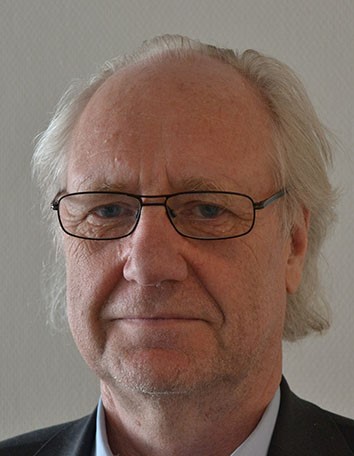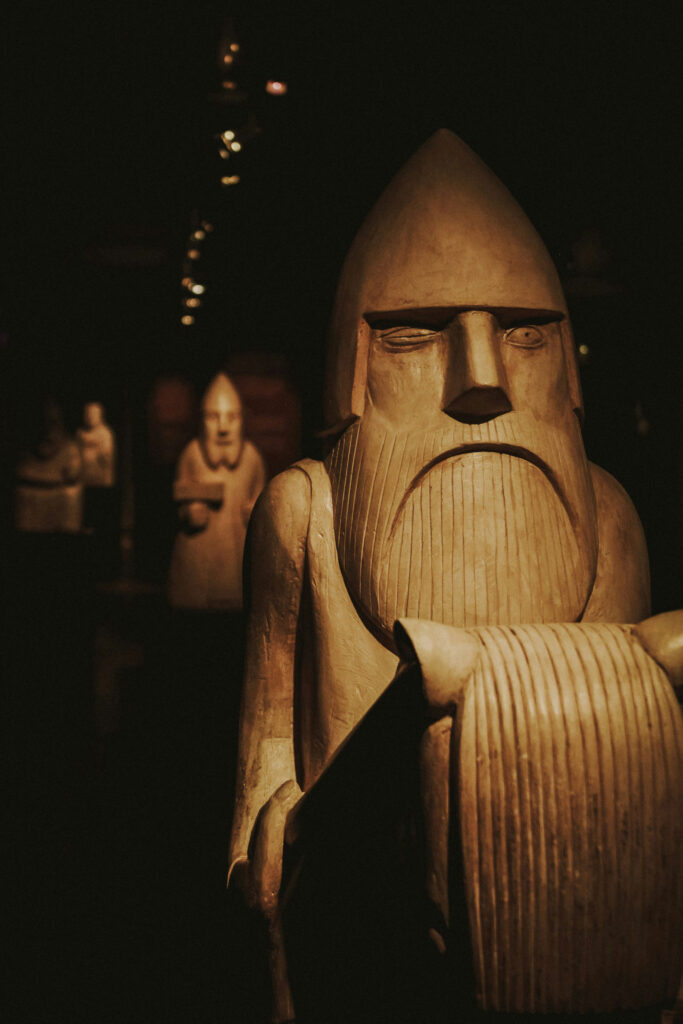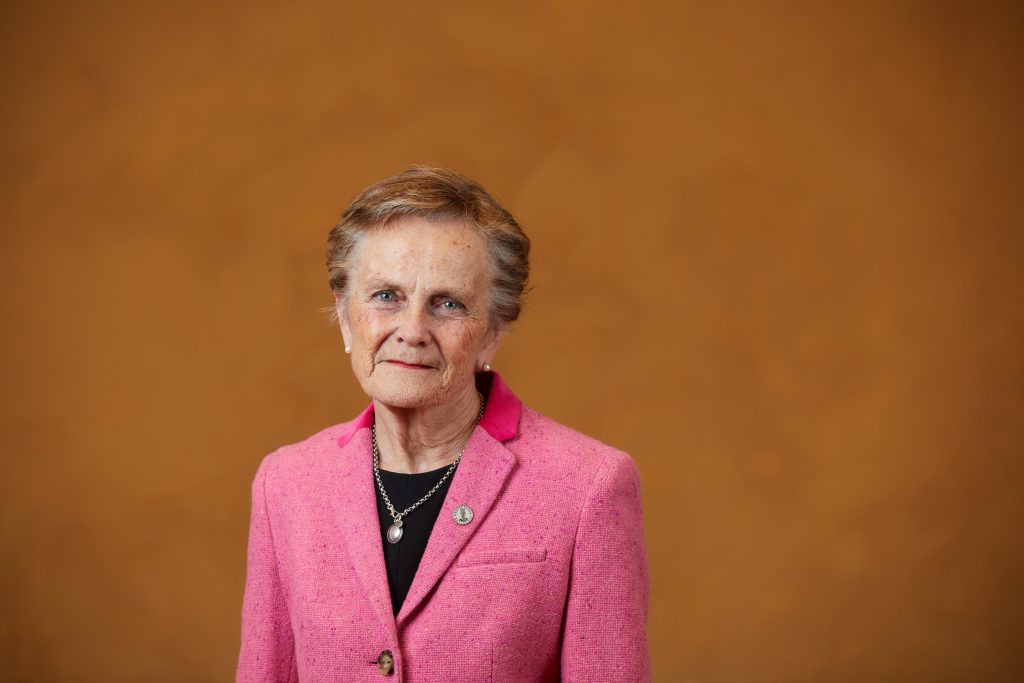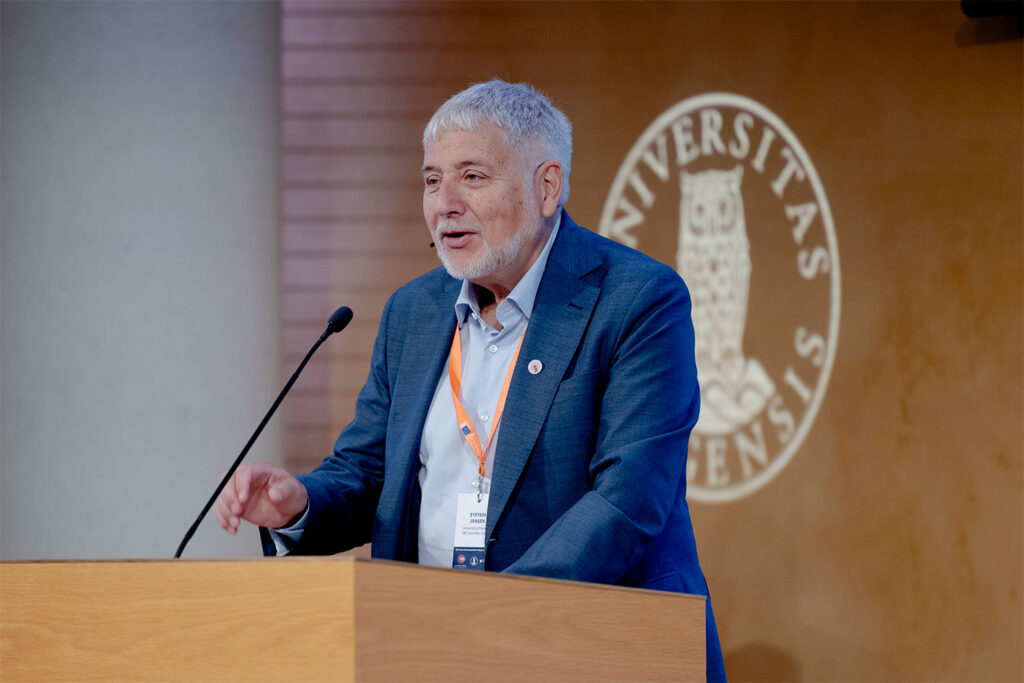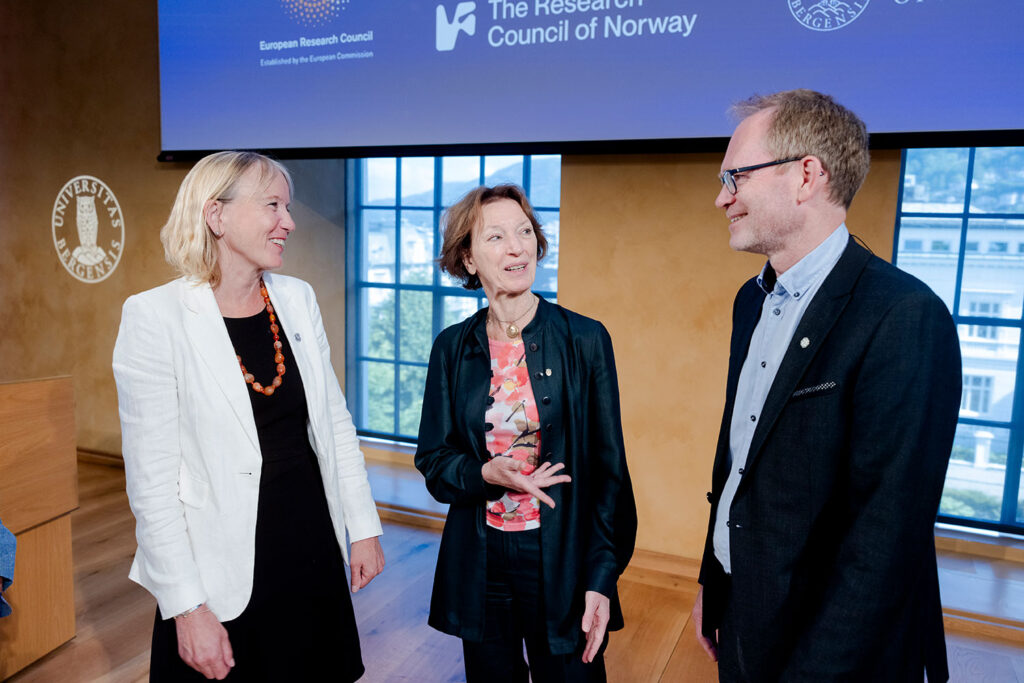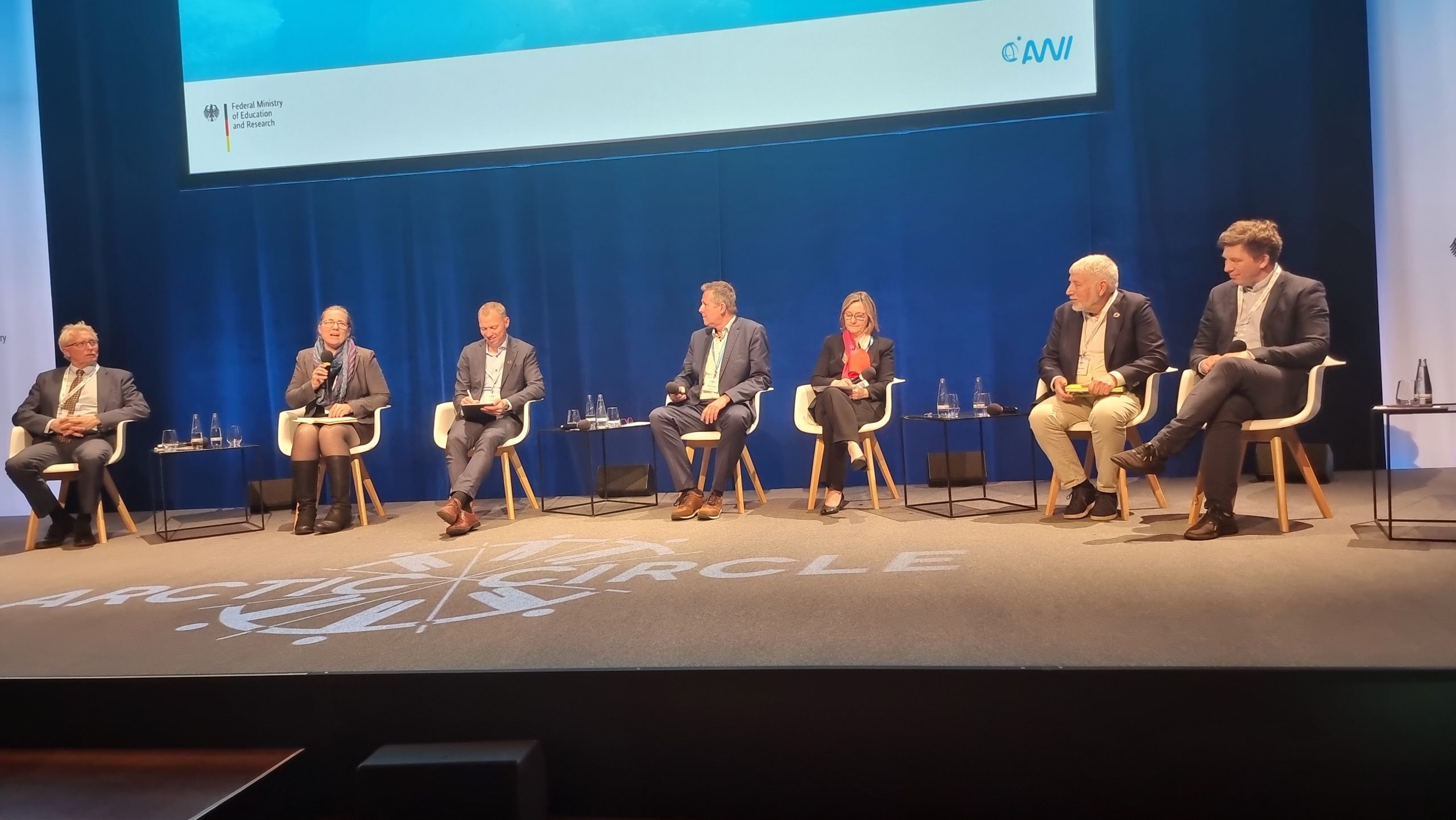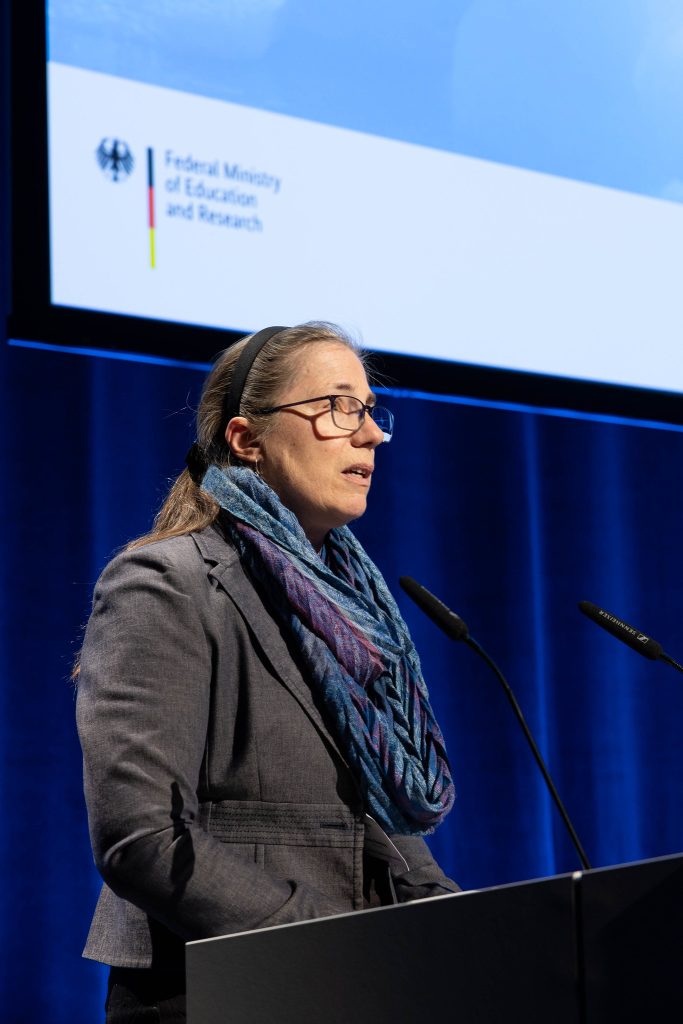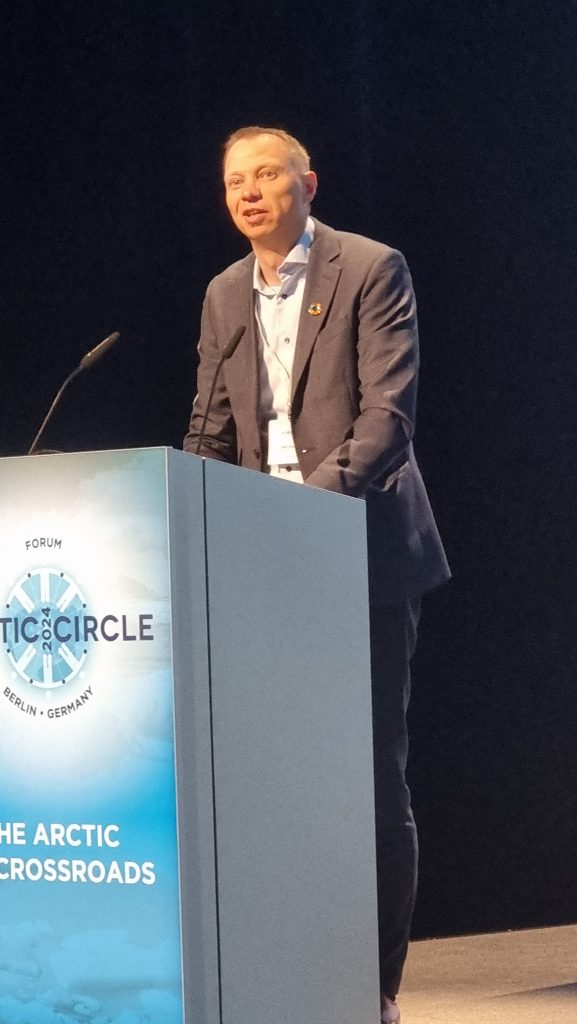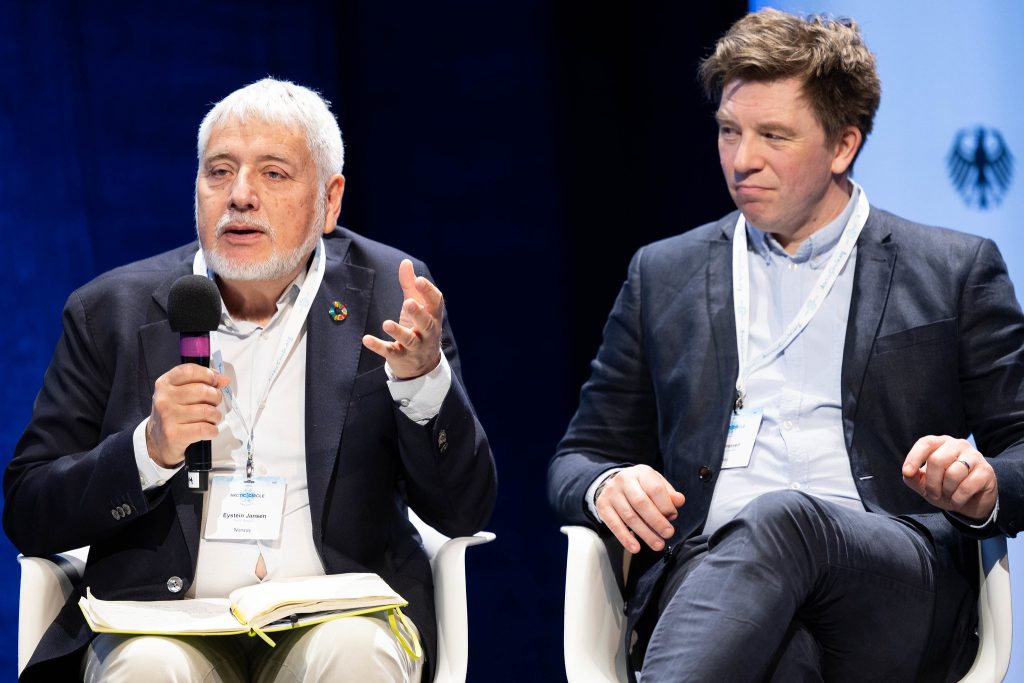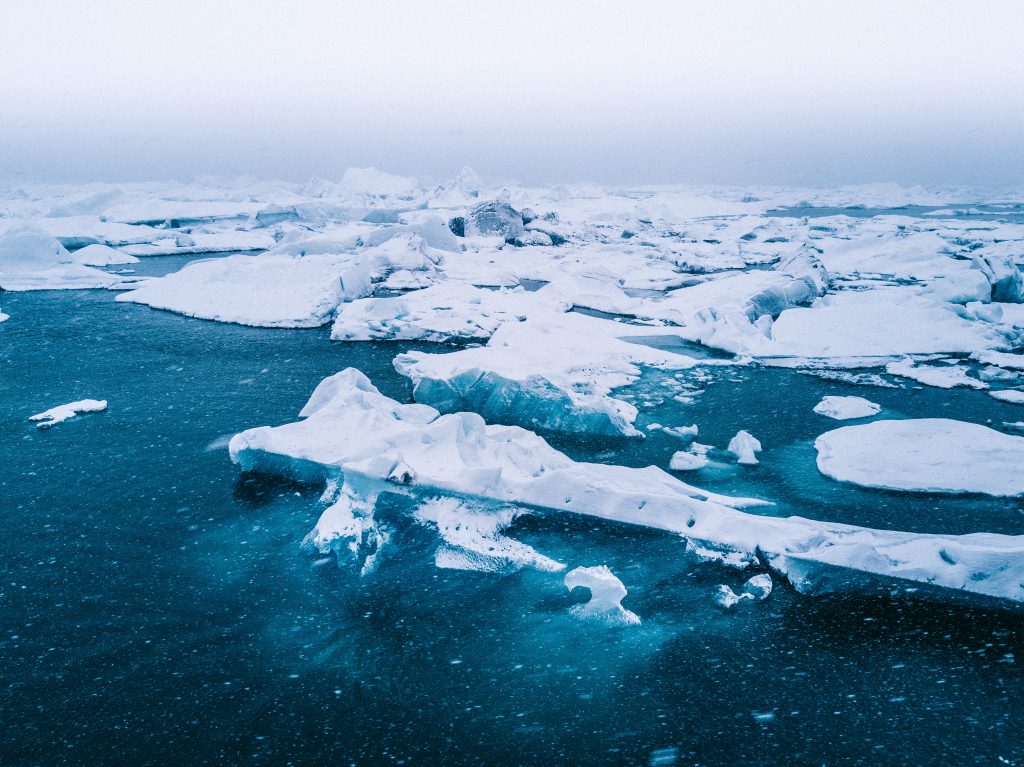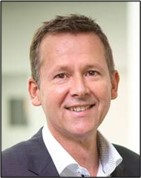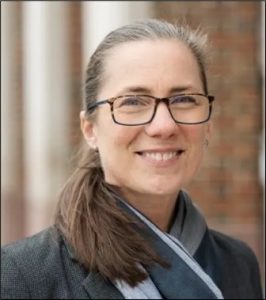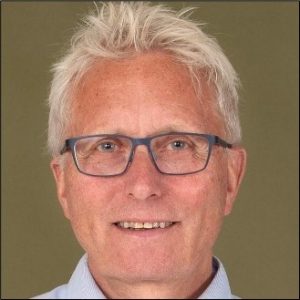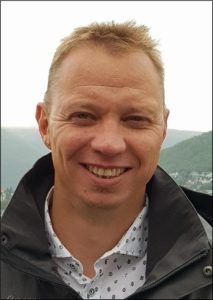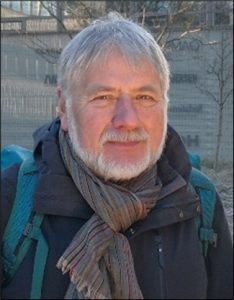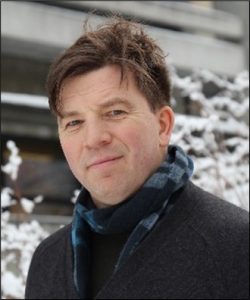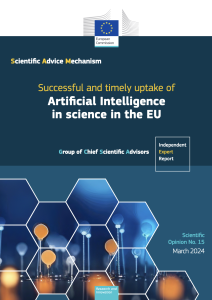Eystein Jansen, Academic Director of Academia Europaea Bergen and ERC Vice-President, delivered a keynote address at the annual conference of Nordic University Rectors in Brussels on September 23, 2024.
The last few weeks have been positive for the ERC and its mission, especially if the signals we’ve received translate into policies and funding decisions. I am particularly thinking of Mario Draghi’s comprehensive report on European competitiveness and the mandate given by Commission President von der Leyen to the newly appointed Commissioner for Research, Ekaterina Zaharieva. I also see encouraging signs from the work of the Heitor Group, which is shaping the next Framework Programme, FP10, set to be released on October 16. These developments offer a strong foundation to reinvigorate our efforts for excellence in research and to enhance the European Research Area.
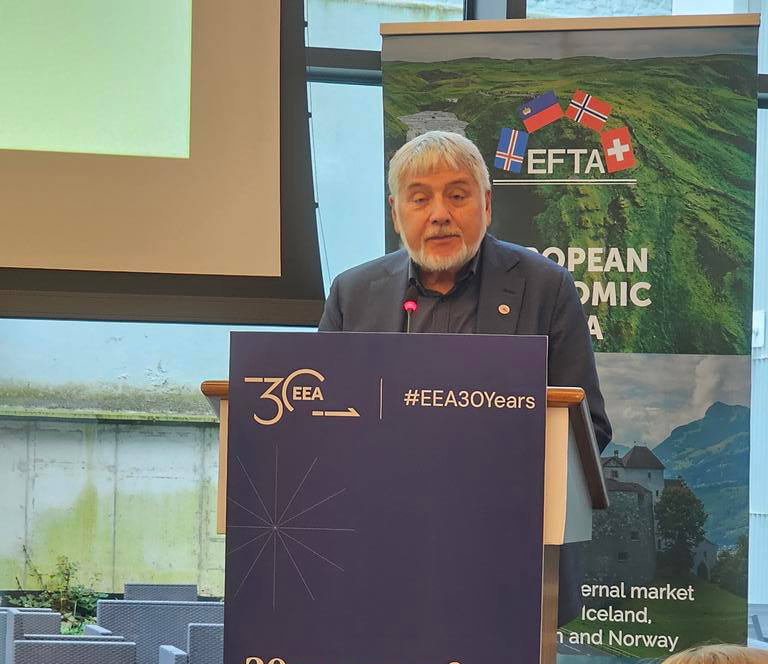
Eystein Jansen, Academic Director of Academia Europaea Bergen and ERC Vice-President, delivered a keynote address at the annual conference of Nordic University Rectors in Brussels on September 23, 2024. Photo: Dag Rune Olsen
Eystein Jansen, Academic Director of Academia Europaea Bergen and ERC Vice-President, delivered a keynote address at the annual conference of Nordic University Rectors in Brussels on September 23, 2024.
The last few weeks have been positive for the ERC and its mission, especially if the signals we’ve received translate into policies and funding decisions. I am particularly thinking of Mario Draghi’s comprehensive report on European competitiveness and the mandate given by Commission President von der Leyen to the newly appointed Commissioner for Research, Ekaterina Zaharieva. I also see encouraging signs from the work of the Heitor Group, which is shaping the next Framework Programme, FP10, set to be released on October 16. These developments offer a strong foundation to reinvigorate our efforts for excellence in research and to enhance the European Research Area.
Mario Draghi’s wide-ranging report on European competitiveness, issued two weeks ago, paints a critical picture of Europe’s current ability to harness talent, drive innovation, and translate research into breakthrough technologies. According to Draghi, the EU-funded research system is too top-down and bureaucratic. He advocates for more ERC-style frontier research, led by independent scientific bodies, and calls for greater investment in this area.
The Draghi report highlights: “The European Research Council (ERC) has been crucial to the competitiveness of European science, but many promising proposals remain unfunded due to a lack of financial resources.” The report recommends doubling support for fundamental research through the ERC, significantly increasing the number of grant recipients without compromising the quality of funding.
In fact, the ERC could currently fund 40% more outstanding projects without diminishing quality or excellence—if budget allocations were increased. Furthermore, the purchasing power of our grants needs to be restored to 2009 levels, when they were last adjusted, 15 years ago.
On October 16, Manuel Heitor will release his report on the next Framework Programme. From what I have gathered, it will emphasize many of the same concerns raised in the Draghi report, while providing more detailed advice for FP10. It will stress the importance of bottom-up frontier and breakthrough research, led by independent, scientist-driven bodies, with a stronger focus on Marie Curie Actions.
Both reports praise the ERC, underscoring the importance of organizational independence and leadership by prominent scientists for these initiatives to succeed.
Guarantees of a “fifth freedom”
In her mandate to the new Commissioner for Research, Innovation, and Startups, Commission President von der Leyen emphasized:
- “You will create conditions for researchers and innovators to thrive, focusing on groundbreaking fundamental research and disruptive innovation, especially in strategic fields, and on scientific excellence. You will work to expand the European Innovation Council (EIC) and the European Research Council (ERC).”
- “You will propose a European Research Area Act to guarantee a ‘fifth freedom’—the free movement of researchers, scientific knowledge, and technology. The aim is to reduce the fragmentation of research and anchor innovation and research into the single market.”
These are hopeful messages!
We are living through unprecedented times. Even before the terrible events unfolding in the Middle East and Ukraine, people were already describing the global situation as a “polycrisis”—a scenario in which interconnected crises create compounded, more severe impacts than individual crises alone. Universities, as enduring institutions, face a unique challenge in these times.
Excellence remains a guiding principle. It would be regrettable if the EU Framework Programmes abandoned the “principle of excellence.” Some believe universities should focus only on certain areas, but I personally deplore such narrow thinking. The fact that the ERC supports all academic research areas is a strength worth protecting. Universities are not called “universities” because they are monocultures.
The ERC Scientific Council remains convinced that the ERC’s mission is more relevant than ever. Focusing too much on short-term results risks undermining future innovation, and our brightest talents will not settle for merely imitating others. It’s crucial to remember that the ERC supports not only scientific inquiry but also engineering across several of its panels. To lead in new and emerging areas of science, we must allow our best researchers the freedom to exercise their creativity.
The ERC was founded for this very reason.
ERC-funded researchers have received prestigious awards, including 14 Nobel Prizes, and have contributed to EU goals such as the green and digital transitions. They’ve made breakthroughs in critical technologies like artificial intelligence and quantum information, and 40% of ERC projects have resulted in patents, with around 400 ERC-funded researchers founding startups. ERC projects also lead to a higher rate of patents per euro invested than other targeted elements of the Framework Programmes.
We do care deeply about the impact of the research we fund, and granting researchers the freedom to explore is the best way to maximize that impact. ERC researchers have also trained the next generation of scientists, employing over 100,000 researchers, mainly PhD candidates and postdocs, in their teams.
If we look at the most significant scientific publications (the top 1% most-cited), the EU world share is 18% compared to 23% for China and 27% for the US. When we break this down by scientific field we see that the EU leads in only two of twenty of these fields, namely history and biology.
In most fields either the US or China has a clear lead over the EU, including in enabling and strategic technologies, information and communication technologies, biomedical research and earth and environmental sciences.
And if we look at new and emerging fields, the US and China have an even bigger lead.
Insufficient to meet the full potential
The ERC’s current budget of €2 billion annually is insufficient to meet its full potential. For the ERC to truly have systemic effects throughout Europe, it was estimated in 2003 that its budget would need to be 5% of national research agencies’ budgets—equivalent to €5 billion today. This remains true.
The final message in our statement on FP10 is that the ERC’s independence is critical to its success. The ERC’s ability to determine how it runs its calls and manages grants must be protected. Unfortunately, this independence is under pressure, as streamlined processes threaten to undermine it. We need to ensure the ERC’s autonomy is preserved in FP10.
The selection process is the heart of the ERC’s excellence, and it must remain of the highest quality. We need over 1,000 high-level scientists annually for our evaluation panels, with an additional 6,000 remote reviewers. Our simple, tailored procedures provide the necessary flexibility, and this should not be hampered by standardized processes across the EU’s entire research framework.
Finally, I urge you—Nordic Rectors and university leaders—to support a joint Nordic initiative at the government level, in alignment with the Draghi and Heitor reports. A strong, united Nordic voice will send a powerful signal and help create momentum in the right direction. Europe needs a concerted effort to strengthen its research base, support excellence, and reduce bureaucracy.
Let’s work together to ensure that Europe’s researchers are supported in a way that allows original talent to thrive.
Many thanks for your attention!

